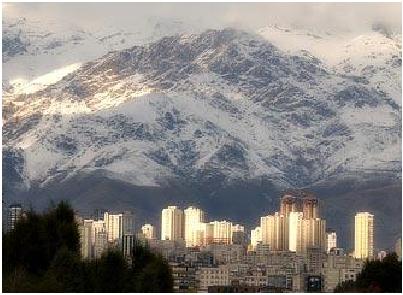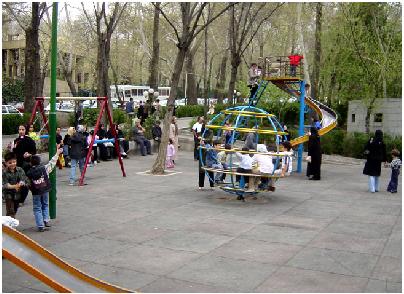(Via Feminist Law Professors 2007-01-10 and The Dees Diversion 2007-01-08.)
In the past, [Afghanistan experienced] a serious drought every couple of decades, but now
there have two in a row, and 25 million villagers have been affected. Arranged marriages are
against both civil and Islamic law in Afghanistan, but that has not stopped a number of
families from selling
their daughters in marriage in order to survive. The girls range in age from 8 to about 15,
and some of the husbands are also very young.
The last drought caused losses of between 80% and 100% of crops, and now the cycle has
begun again. Children are suffering from malnutrition, and are often going on long treks to
gather water and firewood. They are eating potatoes, and boiled water with sugar, and they
are dying. There have been attempts to get food to the villagers, but the heavy snows have
prevented delivery. Also, members of the Taliban have attacked food convoys coming in from
Pakistan. The only way for many of the Afghan people to survive is to sell their daughers.
Well. At least they’re not doing anything really awful, like growing opium poppies for willing customers.
The Afghan Minister of Agriculture recently declared that the drought was the cause of the
sharp drop in production wheat, Afghanistan’s main crop.
This is inaccurate. Afghanistan’s leading cash crop is not wheat, but opium poppies. Unfortunately, the Afghan government, under the influence of the United States government’s warped narco-diplomacy, is actively trying to eradicate the one viable source of wealth in rural Afghanistan in the midst of a drought and a famine. The milder tactics involve shaking down taxpayers in order to subsidize less profitable crops. The harsher tactics involve burning or poisoning the fields. So poor folks in the countryside are selling whatever they have left to sell. One good way to make any existing form of oppression even worse is to throw the people involved in it into desperate poverty: the first victims of poverty are always the most vulnerable people within the poor community, and in places where the human dignity and well-being of women and girls is worth less than nothing to the men who hold cultural and political power, one of the things that poor families are going to sell
is likely to be the lives of their young girls.
The American government’s rabid pursuit of international narcotics prohibition, no matter what the predictable human consequences of their belligerence, reflects an absolutely deranged set of priorities.
Further reading:


